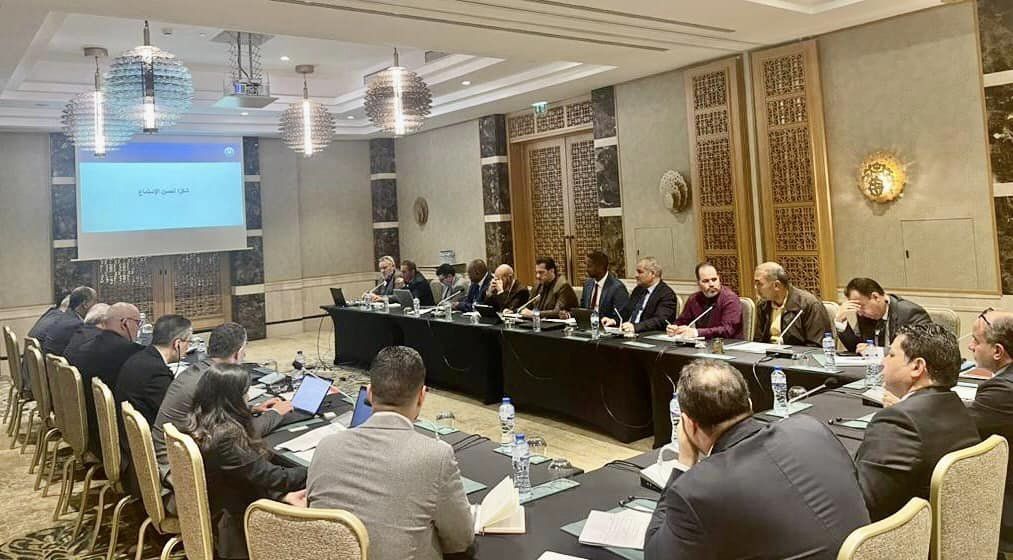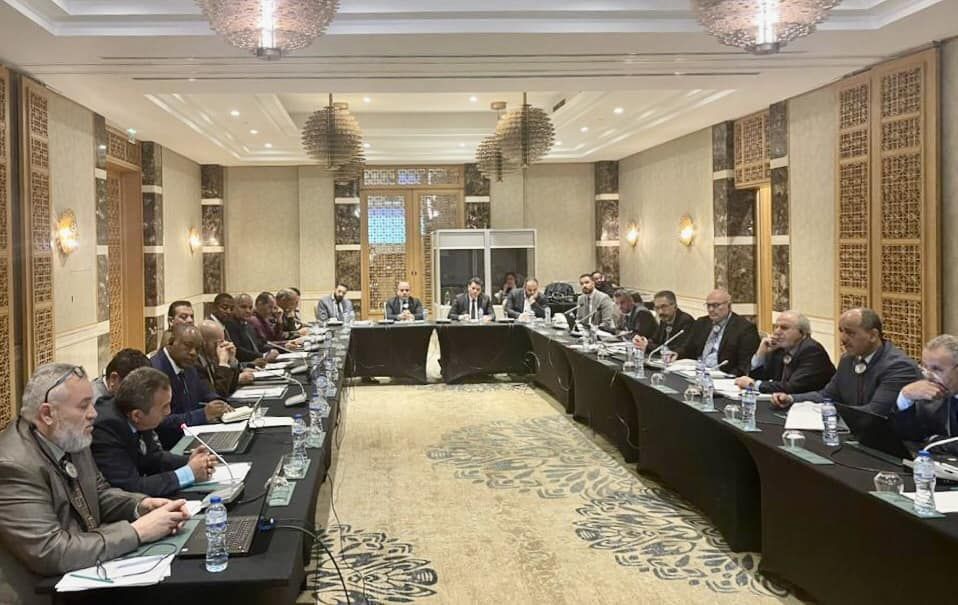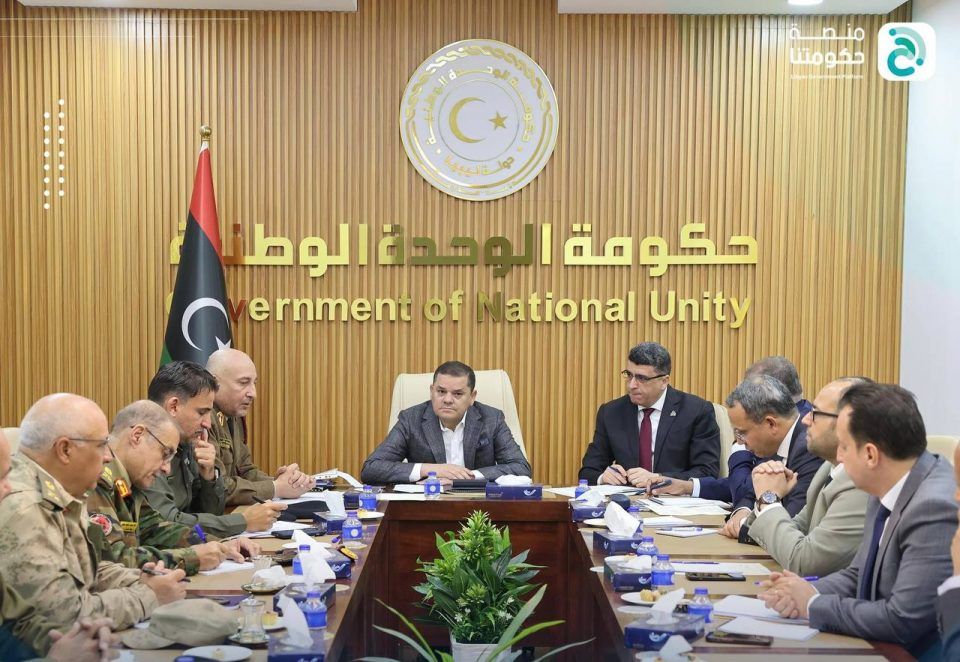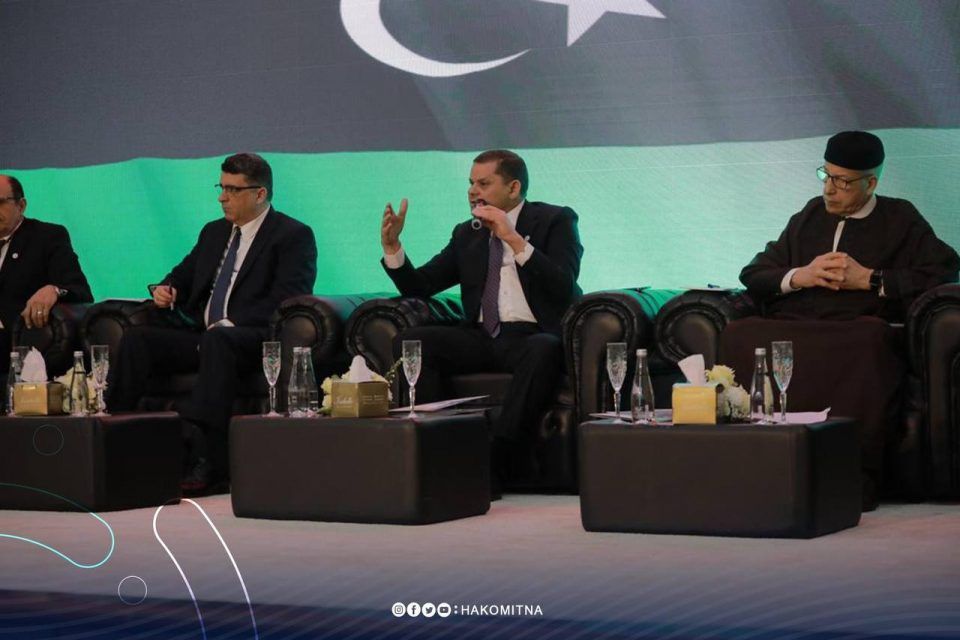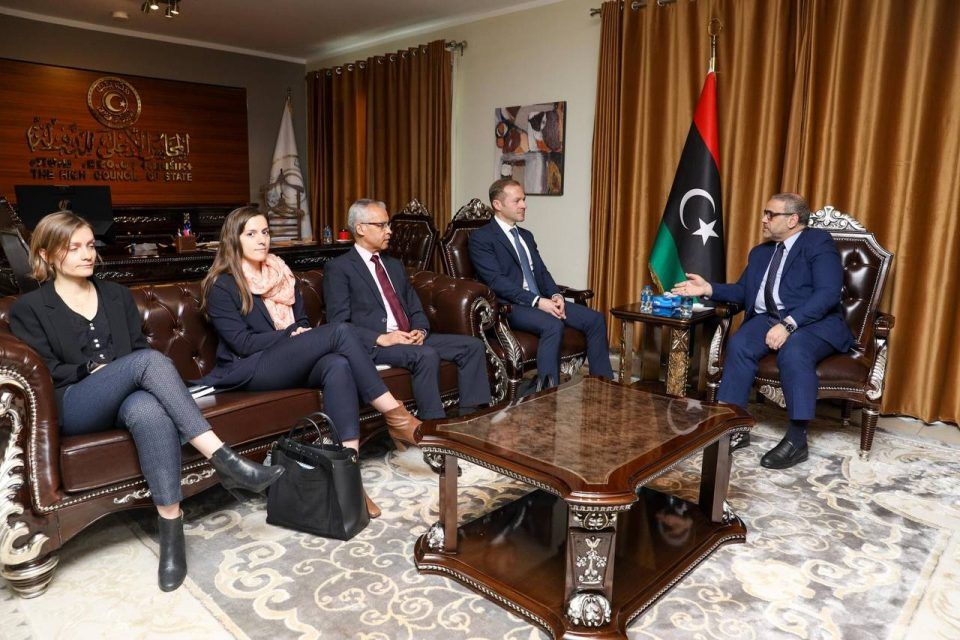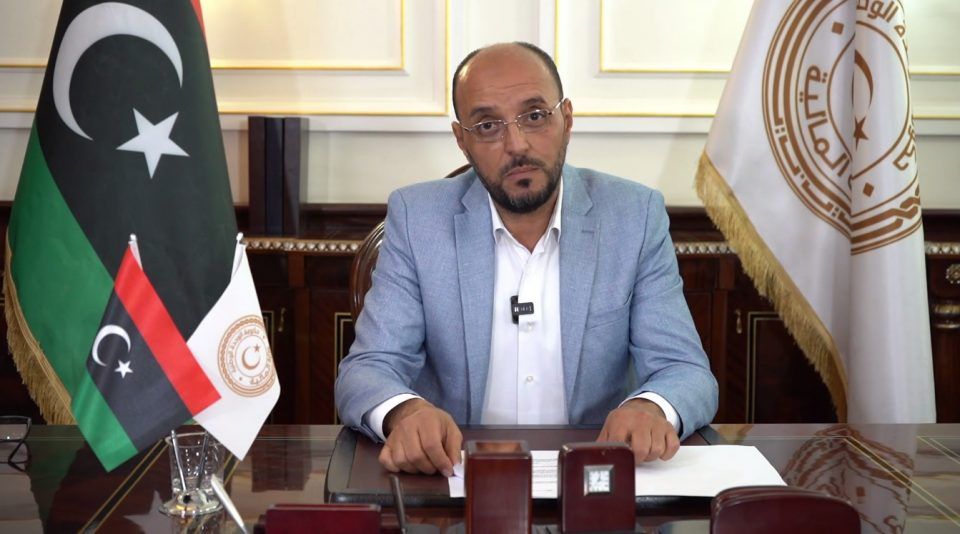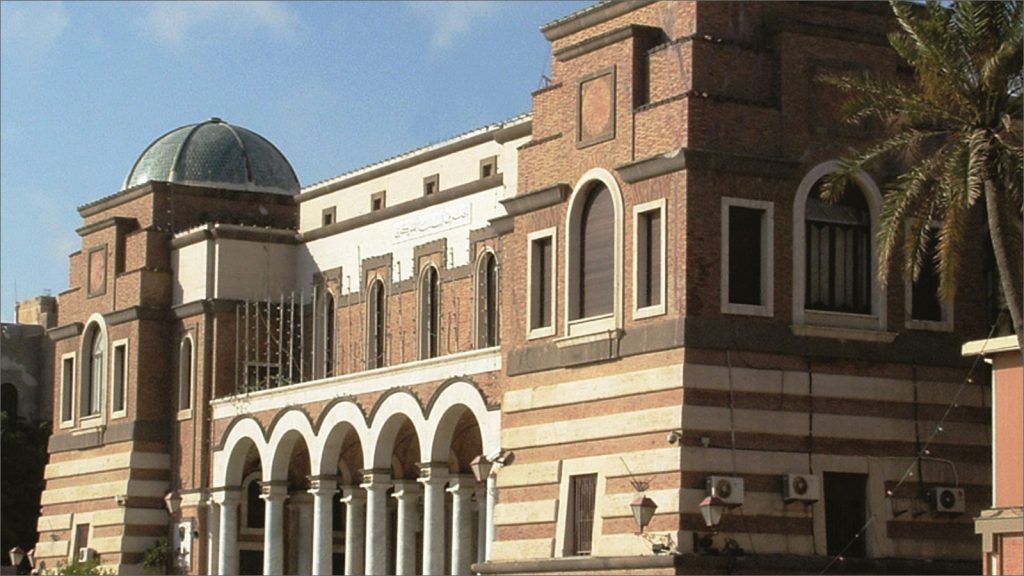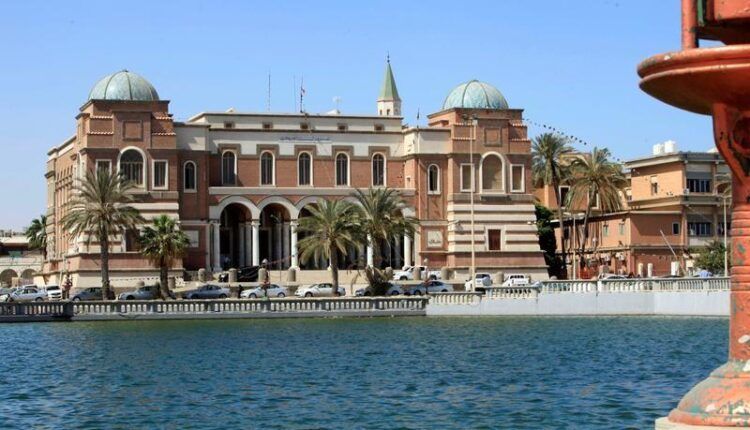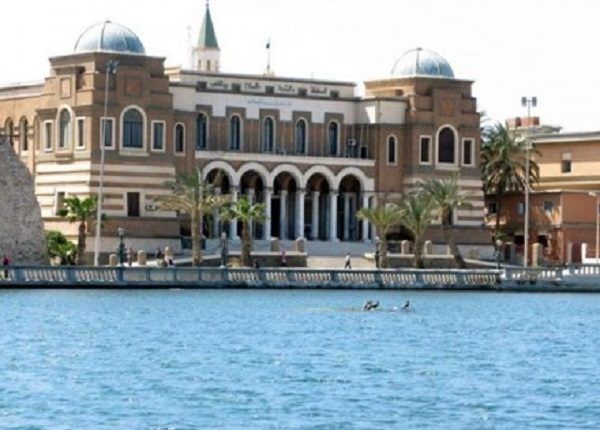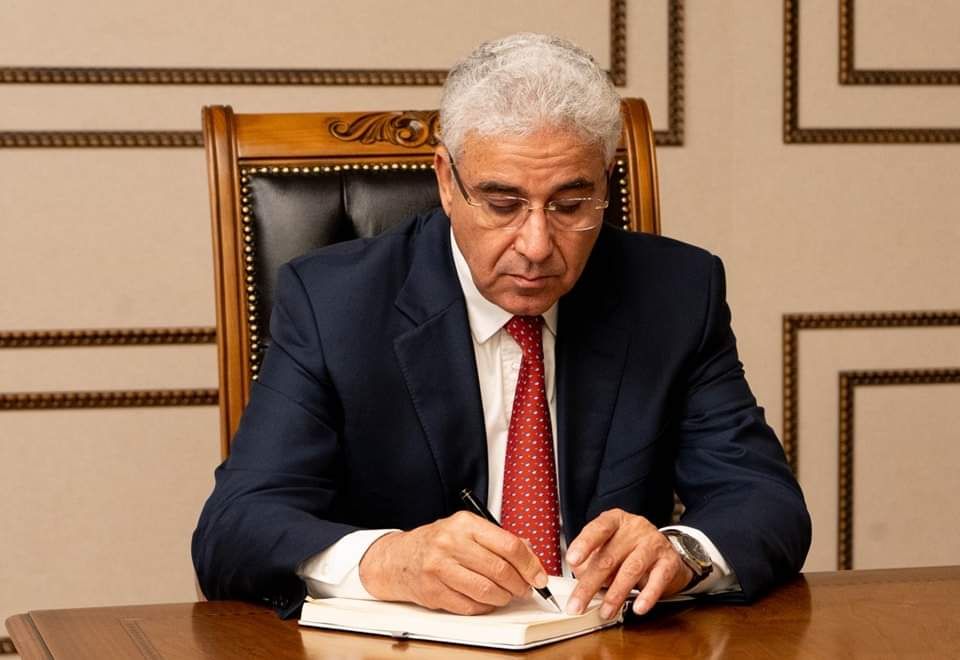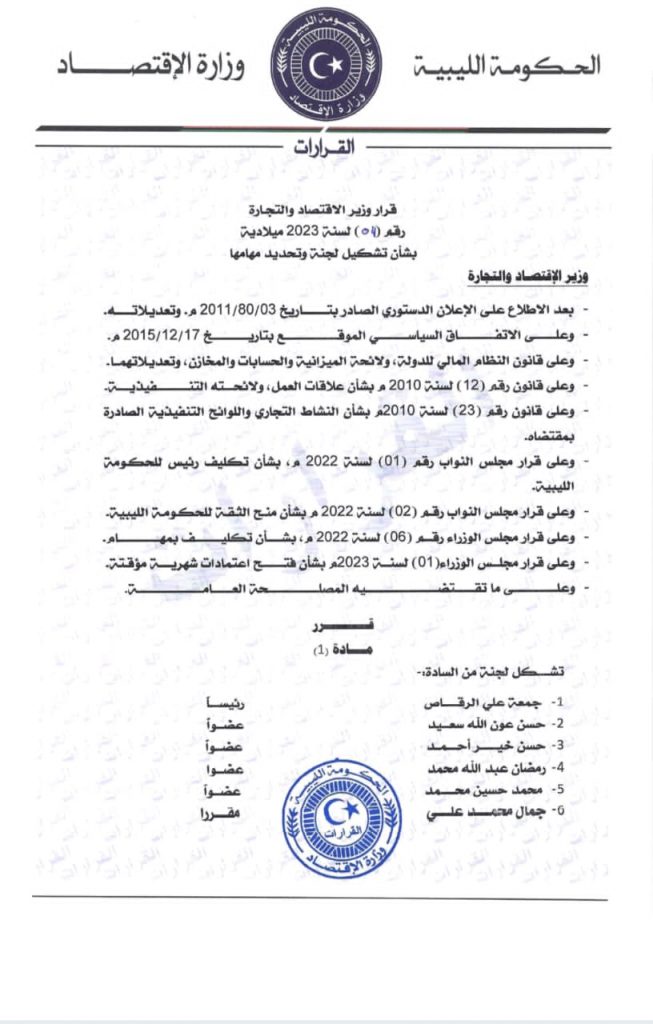In the presence of a team from the IMF, officials from the Central Bank of Libya, ministries, and Libyan institutions held their third meeting in the Tunisian capital
Officials from the Central Bank of Libya, the Ministries of Finance, Economy, Planning, Labor, and Rehabilitation of the Government of National Unity, as well as representatives from the Libyan Audit Bureau and the National Oil Corporation, held the third meeting of consultations under Article 4 of the International Monetary Fund agreement with the Central Bank of Libya, Libyan ministries, and institutions.
The meeting, which was held in the Tunisian capital in the presence of a team from the International Monetary Fund, was dedicated to discussing the support of the efforts made by the Government of National Unity, the National Oil Corporation, and the Central Bank to increase production, exports, and the development of the oil sector, as well as discussing trade and economic policies and the Ministry of Economy’s vision for the coming years.
